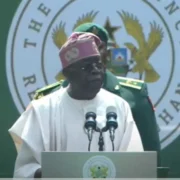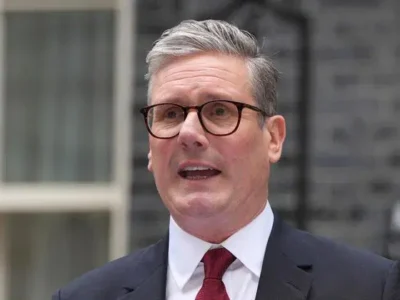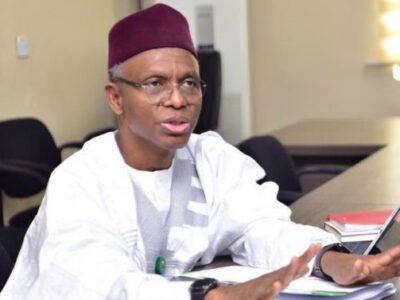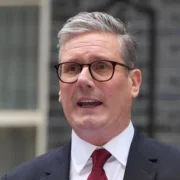A former Political Economic Adviser at the World Bank, Dr. Mahmoud Alfa, has called on Nigerians to support the forthcoming 2026 tax reform law, stressing that the success of President Bola Tinubu’s fiscal agenda depends largely on public trust and responsible governance.
In a statement released in Abuja on Friday, the Kogi-born economist commended the Tinubu administration for implementing what he described as “bold and necessary economic reforms” that are beginning to yield results, despite public scepticism.
According to Alfa, Nigeria remains under-taxed compared to other economies, even though many citizens—especially traders—continue to suffer from multiple taxation.
“While the Tinubu-led administration promises reforms to fix the multiple-taxation problems and improve the ease of doing business, the change is not where it should be yet. But there are visible positive improvements,” he said.
The Vibranium Group CEO acknowledged concerns surrounding the new tax regime set to take effect on January 1, 2026, but maintained that taxation is the foundation of national development.
“The essence of taxation cannot be overemphasised. Advanced nations owe much of their progress to the taxes they collect from citizens. In Nigeria, it is still a dream yet to be achieved as the government relies heavily on debt to fund infrastructure,” he noted.
“Refusing to pay tax is a crime, just as stealing tax revenue is a crime. It’s a chicken-and-egg situation — citizens must trust the government, and the government must be transparent.”
Alfa lamented widespread tax evasion and low accountability, urging both government and citizens to rebuild mutual trust through transparency and responsible fiscal management.
He also commended Taiwo Oyedele, Chairman of the Presidential Committee on Fiscal Policy and Tax Reforms, for driving public awareness on the reforms.
His comments followed Oyedele’s recent projection that states could earn over ₦4 trillion annually from 2026 when the new Value Added Tax (VAT) reforms take effect. Oyedele said states’ VAT share will rise to 55 per cent, paving the way for greater fiscal independence.
Speaking at the launch of the BudgIT State of States 2025 Report in Abuja, Oyedele highlighted a paradox in Nigeria’s fiscal structure.
“States are receiving more money than ever before. But while governments have more naira, ordinary Nigerians have less disposable income,” he lamented, urging governors to channel increased revenues into infrastructure, education, and healthcare.



















Comments